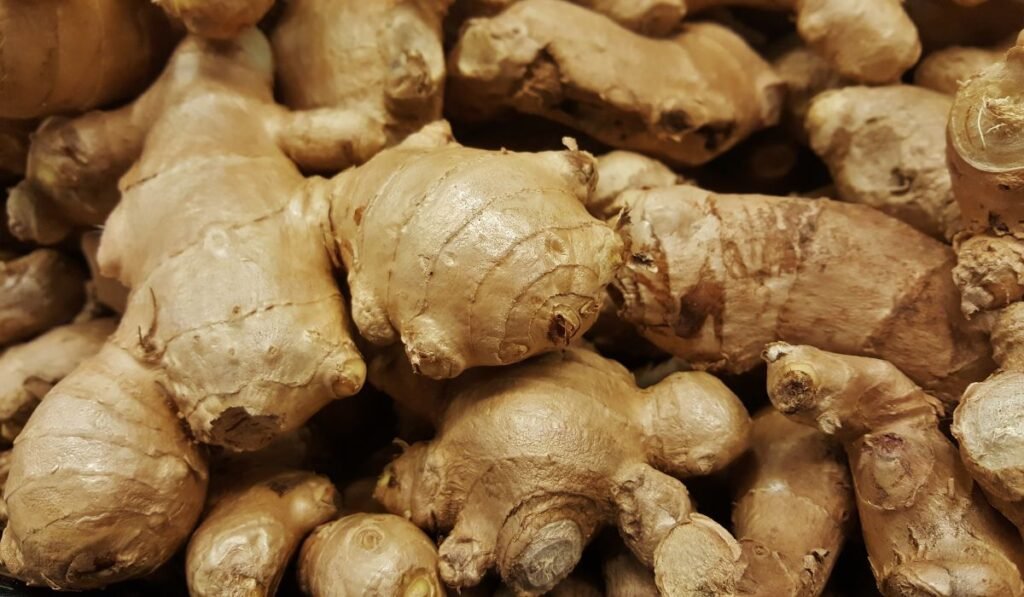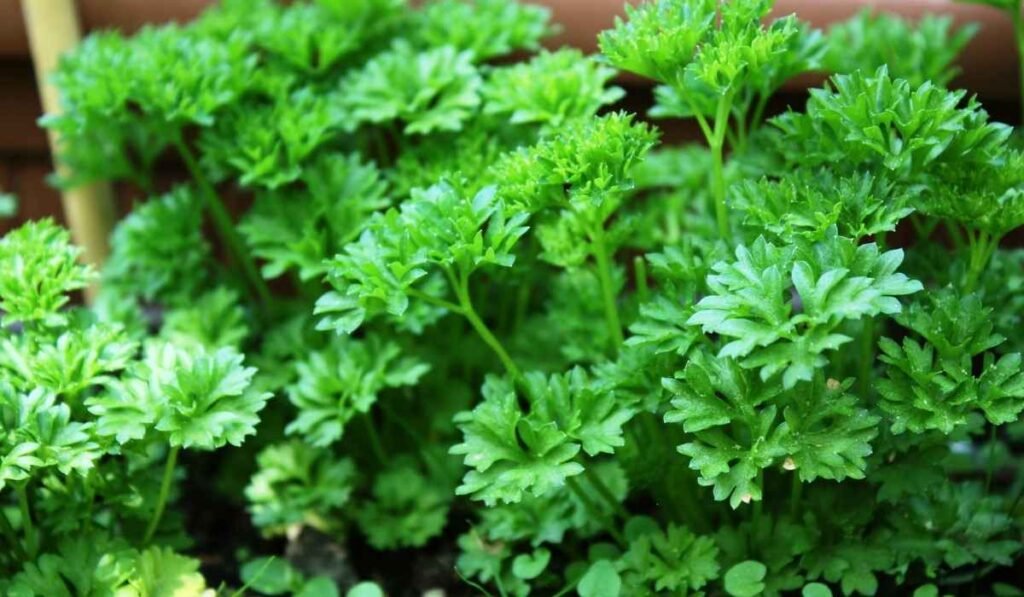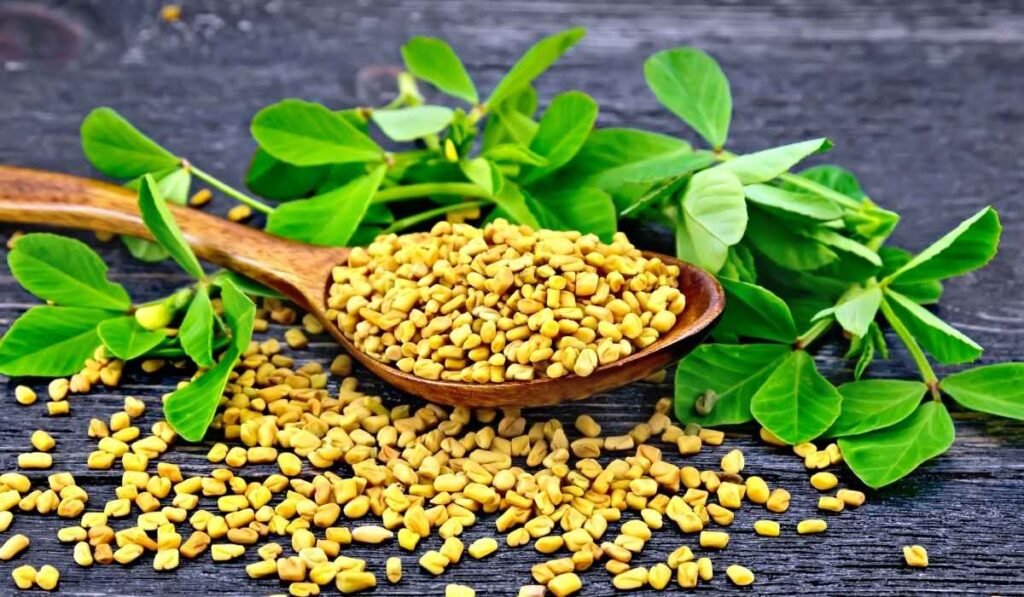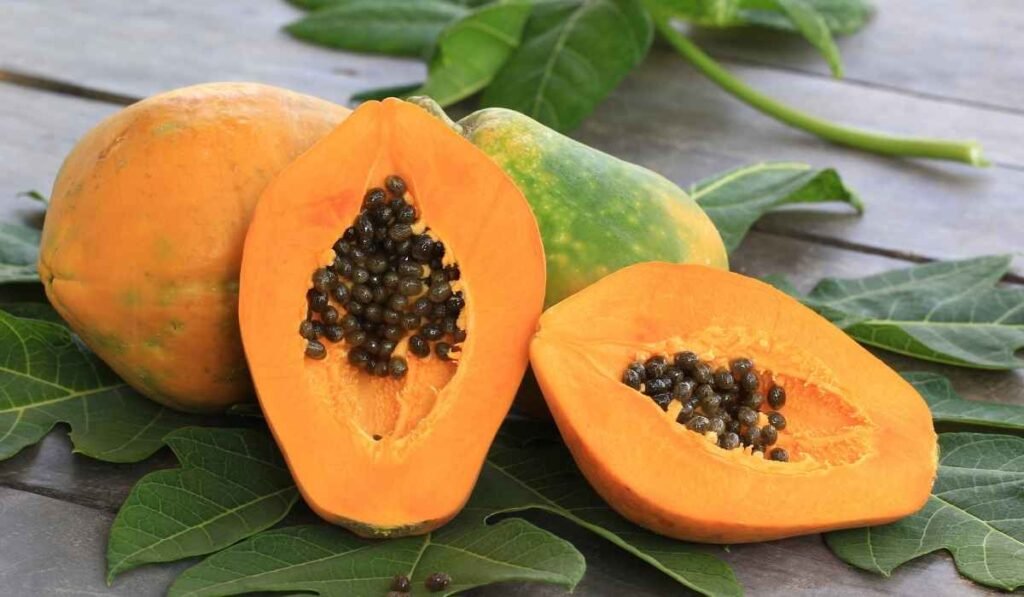Irregular periods, also known as oligomenorrhea, refer to cycles that are unpredictable in terms of their length, flow, or timing. A typical menstrual cycle lasts between 21 to 35 days, with bleeding lasting 2 to 7 days. If your periods don’t follow this pattern, they are considered irregular.
The main cause of irregular periods is hormonal imbalances particularly estrogen and progesterone, common during puberty or due to conditions like PCOS. Irregular periods greatly affect the female overall health and they can even make it harder to conceive, so the treatment of irregular periods is very necessary. Let’s look at some effective herbal treatments for irregular periods that will help regulate periods, improve overall reproductive health, and even ease symptoms like cramps or PMS.
Herbal Treatment for Irregular Periods:
Irregular periods can often become regular with the help of herbal remedies, but keep in mind that herbs don’t usually work overnight. Regular use over weeks or months is often needed to see improvements.
1. Ginger:
Ginger is a powerful herb known for its anti-inflammatory and hormone-balancing properties. It’s been used in traditional medicine for centuries to help regulate menstrual cycles and lessen period-related discomfort.
Ginger contains phytoestrogen compounds that help in balancing the ratio of estrogen to progesterone.
Ginger stimulates blood flow, which can promote a timely menstrual cycle.
Ginger’s anti-inflammatory properties reduce prostaglandins, the chemicals that are responsible for uterine contractions and pain (menstrual cramps).
How to Use:
Grate a small piece of fresh ginger. Boil it in water for 5–10 minutes. Strain, add a few lemon drops and honey for taste, and drink warm. Consume 1-2 times daily, especially a week before your expected period.
Caution: Use only 2g of ginger extracts daily and no more than that. If you are using regular medications then consult with a doctor before using ginger.

2. Parsley:
Parsley tea is commonly used to treat menstrual problems. Parsley contains compounds like myristicin and apiole, which influence estrogen production and thus help in inducing periods.
Parsley also stimulates blood flow and is a great source of vitamin C which is very necessary for hormone regulation & production.
How to use:
Boil a cup of water. Add a small handful of fresh parsley leaves (or 1–2 teaspoons of dried parsley). Let it steep for about 10 minutes. Strain and drink once a day. You can also make ginger and parsley tea together, and it will be more effective if you’ve been dealing with irregular periods for a long time.
Caution: Avoid parsley if you are pregnant.

3. Fenugreek Seeds (Methi):
Fenugreek seeds, commonly known as methi, have been traditionally used to address various health concerns, including menstrual irregularities.
A study on a fenugreek seed extract (Furocyst) showed great results in improving menstrual cycles, especially in women with PCOS.
Fenugreek seeds also provide relief from menstrual cramps.

How to use:
Add 1 teaspoon of fenugreek seeds to water and soak them overnight. Strain the water and drink it on an empty stomach.
Fenugreek extracts are also available in capsule form. Follow the manufacturer’s recommended dosage.
Also Read: What Causes Hirsutism in Females?
4. Dong Quai:
Dong Quai (Angelica sinensis), often referred to as female ginseng, is a traditional Chinese herb.
Dong Quai is used to lessen menstrual irregularities, including painful periods, heavy bleeding, and irregular cycles.
The herb contains ligustilide, a compound that may promote antispasmodic activity which soothes uterine muscles and alleviates menstrual cramps.
How to use:
Traditional Chinese Medicine (TCM) practitioners often mix dong quai with other herbs to create customized remedies based on a person’s needs. This combination helps reduce the risk of side effects that might occur when using a large amount of a single herb.
Dong quai is commonly used to make tea or consumed in other forms, such as:
Capsules or Tablets: Dong Quai capsules or tablets provide a convenient way to take them in measured doses. Always follow the instructions on the packaging, as recommended dosages may differ between products.
Tinctures: Tinctures are liquid extracts made with alcohol or glycerin. They can be taken by adding the suggested amount to water or another drink. Be sure to follow the dosage instructions on the bottle.
Powder: Dong quai powder is also available and can be mixed into smoothies, juices, or other drinks. Check the product label for the correct dosage to use.
There is no recommended dose. Before using Dong Quai, especially for menstrual irregularities, it’s essential to consult with a doctor for dosage or to ensure it’s appropriate for your situation.
5. Cinnamon:
Cinnamon is rich in antioxidants and anti-inflammatory properties that help improve blood quality and flow, supporting overall health. It also acts as a vasodilator, which means it widens blood vessels and boosts circulation that helps in regulating irregular menstrual cycles.
Cinnamon also helps in improving insulin sensitivity.
Cinnamon is beneficial for periods because it contains vitamins A, B, and K, as well as thiamin and riboflavin. It is also rich in vitamin C and iron. Including cinnamon in your routine can strengthen your immunity and energy levels. Its nutrients improve blood quality and flow, which can help with various health issues.
How to use:
Cinnamon can be used in a variety of ways. You can grind it to fine powder and add a pinch to tea, smoothies, or warm milk. You can also sprinkle cinnamon on your food or add it to lukewarm water. If you have PCOS, then avoid milk or other dairy products.
6. Pineapple Juice:
Pineapple contains bromelain, an enzyme that help in softening the uterine lining, and promotes menstruation, and aids in the regulation of menstrual cycles.
Bromelain also exhibits anti-inflammatory effects, which can help reduce menstrual cramps and discomfort associated with periods. Pineapple is high in vitamin C, which supports overall health. To prepare fresh pineapple juice, peel and chop a ripe pineapple, and blend it with a small amount of water and a few lemon drops. You can also add honey to it, and avoid sugar.

7. Papaya:
Papaya is believed to support reproductive health and help regulate periods. It influences estrogen production, improves blood flow, and eases cramps. For women with irregular periods or mild menstrual pain, eating papaya can provide natural relief and promote a regular cycle. Its high vitamin C content also helps the body absorb iron, which is important during periods when iron levels often drop. Adding papaya to your diet can support reproductive health and reduce minor menstrual discomfort.

8. Aloe Vera:
In Ayurveda, Aloe Vera, also called “Kumari,” meaning “young maiden,” is known as an excellent tonic for healthy and balanced periods. It is highly valued for supporting and strengthening the female reproductive system. Ayurvedic texts often mention Aloe Vera for treating various gynecological issues. Naturally cooling and cleansing, Aloe Vera helps purify the body’s urine, blood, and plasma systems. It also clears blockages and works as a detoxifying tonic.
How to use:
Extract fresh Aloe Vera gel from a leaf, mix it with one teaspoon of honey, and consume it daily before breakfast.
These remedies are natural, and the results take time. If you’re experiencing severe irregularities or other symptoms, consult with your doctor without any delay.
FAQS:
Which fruit is best for irregular periods?
Vitamin-C-rich fruits, such as Pineapple, orange, kiwi, papaya and lemon, are best for regulating menstrual cycles. Eat them regularly to reduce irregularities.
How do I get my irregular period back to normal?
Diet is very important. Avoid junk, sugary, and processed food. Reduce stress and sleep at least 8 hours a day. Also include exercise and yoga in your daily routine.
Which vitamin is best for irregular periods?
Vitamin D is considered best for regulating menstrual cycles. The sources of vitamin D are egg yolks, fish, beef liver, orange juice, sun exposure, etc.
What are the side effects of not having periods?
The absence of menstrual periods, known as amenorrhea, can cause several health complications such as Infertility, osteoporosis (decrease in bone strength), pelvic Pain, and cardiovascular Issues. Missing periods can also cause psychological stress, especially in young individuals.

